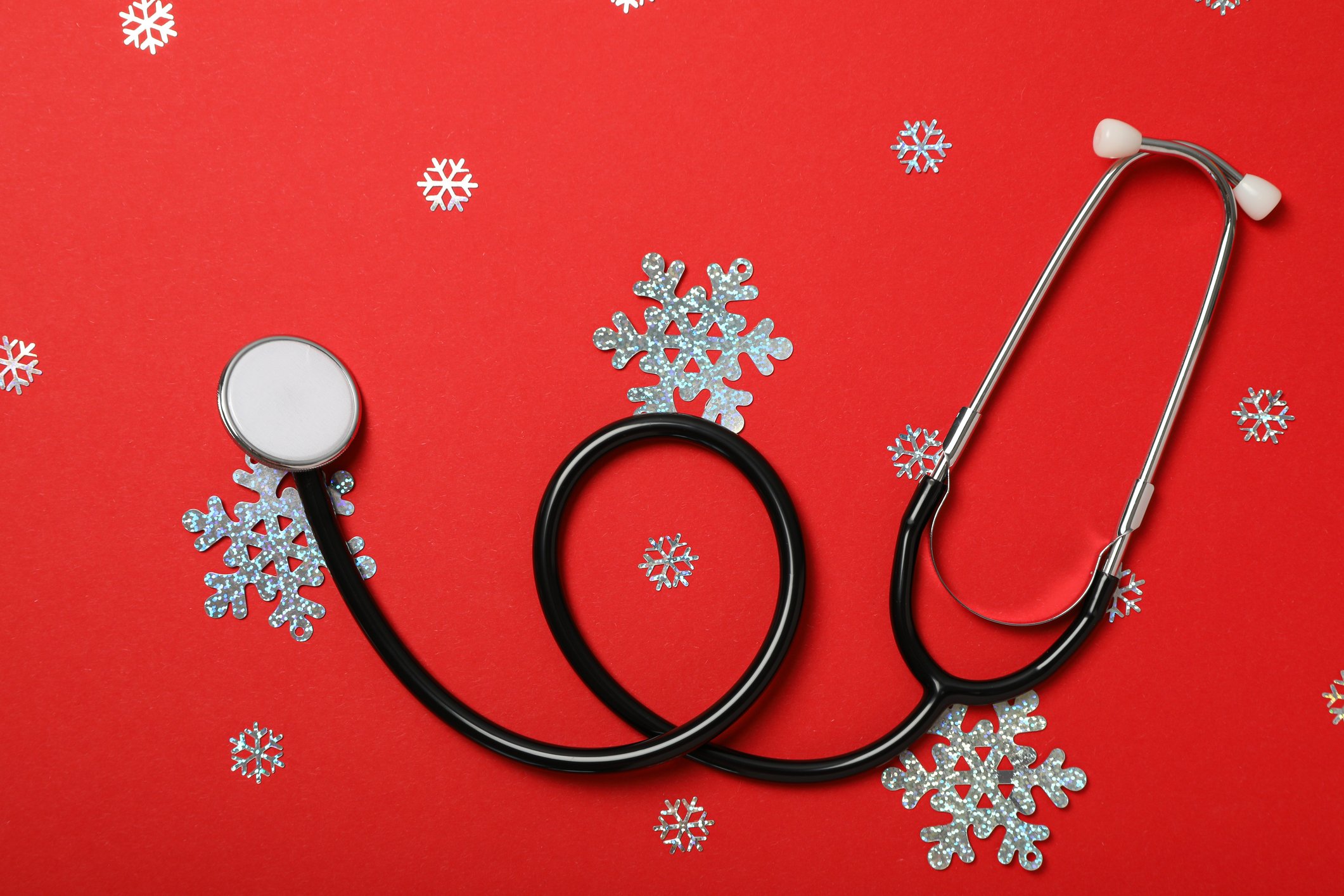
By Janice Lloyd
Whether you lose a loved one to disease, war, or a natural disaster like the tornado that tore apart Moore, Okla., last week, grief is the unwanted visitor that comes knocking at your door.
How we wrestle with grief — and ultimately push ahead to a new life — varies among individuals. But many of us who need help to bounce back are not getting it, health experts warn, jeopardizing our mental and physical health.
Toni Miles, director of the Institute of Gerontology at the University of Georgia, is embarking on a research project to find out how loss impacts health and what to do about it.
"Loss creates injury,'' Miles says. "It is a new risk factor for poor health in the public sphere."
Miles suspects grief is behind much of the nation's obesity, depression, diabetes, smoking and hospitalization.
"When you study caregiving, you know (grief) kills people,'' Miles says. "Obesity is also a big problem among caregivers. "
Finding support can be the key to a person's recovery and acceptance of the loss, says the American Cancer Society. Support can come from friends, physicians, spiritual leaders or mental health professionals. Everyone reacts differently to grief and for different periods of time. There's not one easy solution or answer, Miles says.
Getting the right amount of support is rare, according to a 2004 study on family perspectives on dying in the Journal of the American Medical Association. Lead researcher Joan Teno asked participants "during the last month (of their loved one's life), how much support in dealing with your feelings about a patient's death did the doctors, nurses or other professional staff taking care of him or her provide you: less support than was needed, about the right amount or more attention than you needed?''
Overall, 20% of the family members stated they did not have the right amount of support, and most said they got less support than they needed.
Teno, a professor of health services policy and practice in the Public Health Program at Brown University and a palliative care physician at Home & Hospice Care of Rhode Island, says her research shows families who use hospice at the end of life cope better than those who don't.
Donald Rosenstein, a professor of psychiatry at the University of North Carolina, is charting new territory into the bereavement process of fathers who lose their wives to cancer. He started a first-of-its-kind support group called Single Fathers Due to Cancer Program, part of the UNC Comprehensive Cancer Support Program.
"Everyone has a different reaction to grief,'' Rosenstein says. "We (health care professionals) don't have a lot of good information about how to get people to move on. But these fathers have been been teaching us."
Rosenstein says in addition to learning what the fathers need – how to discipline children by themselves, how long to wear their wedding bands, when is it OK to date, how long to call their in-laws in-laws — they're also learning how to help their children.
"For instance, moms always want to keep fighting and stay alive as long as possible for their families, but we're learning it's important for them to say goodbye," to provide a sense of closure for their families, he says. "We are also learning how much that helps the children and how to have that conversation with children."
Miles agrees that children are especially vulnerable: "Time doesn't heal all wounds,'' she says. "People in public health need to be discussing this topic more. There can be healthy outcomes from loss. It's up to us to help to find ways to make that happen more often and to push for policy that guarantees it."
ADVICE FOR DEALING WITH GRIEF
Grief is a typical reaction to death, divorce, job loss, a move away from family and friends, or loss of anything that is important to you, according to the U.S. Department of Health and Human Services:
It can last from several months to several years, and can be accompanied by feelings of guilt, sadness or numbness. It might cause trembling, breathing difficulties and sleeplessness. It is also normal to feel joy and to express humor.
People who don't process their grief can become angry, guilt-ridden and fail to care of their health. Here are the four steps along the way to healing from grief:
• Accept the loss.
• Work through and feel the emotional and physical pain.
• Adjust to living in the world without the person or lost item.
• Move on with life.
For more advice, an online guide to grief and bereavement is available from the U.S. Department of Health and Human Services.
Source: USA Today





